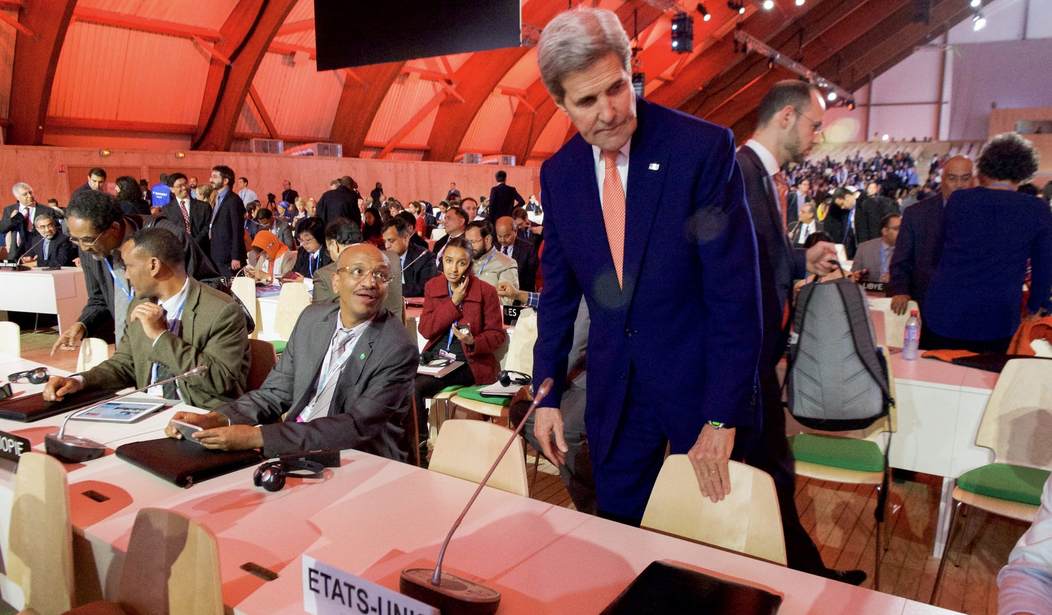I was what is known as an “older mother.” I conceived my only child in my late thirties. I knew that my biological clock could be running down, although I didn’t feel I had the maternal instinct in my twenties and early thirties. However, after thirty-five I suddenly developed this intense desire to have a child. My internist felt that the chances of me conceiving were slim, not only because of my age, but because my uterus might not be strong enough to hold the baby due to the removal of a uterine tumor. His take on my chances was very disconcerting.
Thank G-d he was wrong.
Not only did I conceive, but I also gave birth to a beautiful and very healthy child who was constantly a joy and a miracle to me. I have always been thankful for the opportunity to experience motherhood. I didn’t have any more children, but I always replied whenever anyone asked about it (not that it was any of their business) “I have quality, not quantity.” I was thankful for my one child, for the beauty of bringing forth life, and for the opportunity to take care of that life.
In actuality I wasn’t even that old when I had my child. My sister-in-law and a friend were even older — both became mothers of beautiful, healthy babies at forty-six. Another friend didn’t get married until she was forty and then quickly had three children in succession, all of them healthy. Actress Jane Seymour bore a healthy and lovely pair of twins at the age of forty-five. The oldest woman to have naturally conceived a child was fifty-nine, according to Wikipedia, and with help of a in vitro fertilization, the very oldest woman was over sixty-six.
But is it healthy— physically or psychologically — for the mother and the children when women over forty (some say even over thirty-five) give birth? A woman’s fertility lessens over forty, even sometimes over thirty-five, and of course, the risks of miscarriage and health issues for the offspring become higher after thirty-five or forty. However, many women who are in that age range do give birth to healthy babies.
In Orthodox Judaism, as it used to be in most Catholic families, parents have large families, with children in a wide range of ages. It’s not unusual for a little girl of four to be a flower girl at her sister’s wedding. My sister-in-law’s sister was just that. My niece and her mother were pregnant at the same time. So in these circles, older mothers are normal, but not because the mother put off childbearing until she was older.
But it’s not just about conceiving. What’s more important is how you parent your children. If you decide, for whatever reason, perhaps career advancement or later marriage, that you still want children even after thirty-five or forty — or even after fifty — should you go for it?
Here are some other things to consider:
To begin with, taking care of a young, active baby or toddler can be taxing. This is true for both older and younger mothers. Sometimes an older mother may not have the energy of a younger mother. If you’ve taken fertility treatments to become pregnant you may also give birth to multiple children, which is even more taxing. My niece had triplets in her twenties and even she needed help taking care of them. Older parents tend to have less energy, and sometimes even less patience for their new offspring.
In many Orthodox Jewish families (and in many large families in general) the older children often help to take care of the younger children and so the burden is lessened for an older mother. However, I was an older mother with my first and only child and had no older children to help me. When my son was two, he absolutely wore me out. His energy was very high and he refused to take naps, so I was the one who conked out at what should have been his nap time.
When you’re considering this decision, you should try to imagine yourself as an older mother (or father) going to school with your child and someone asking if you are the grandmother or grandfather. My cousin started his second family when he was sixty-three and was asked constantly if he was his little girl’s grandfather. It bothered him, and more importantly, it bothered his little girl.
On the plus side, older parents are often wiser and more mature. If the child is their first and they have wanted one for many years, they are grateful for the child and shower it with attention and much love. The child is usually much wanted and much appreciated. A child also brings a new sense of wonder to older parents, and can make them feel younger, and sometimes, instead of less energetic, more so.
In the final reckoning, it is so wonderful to have your child in your life that being an older parent will be, as I always say about my son, “the best thing that ever happened to me!”
Images via Shutterstock











Join the conversation as a VIP Member